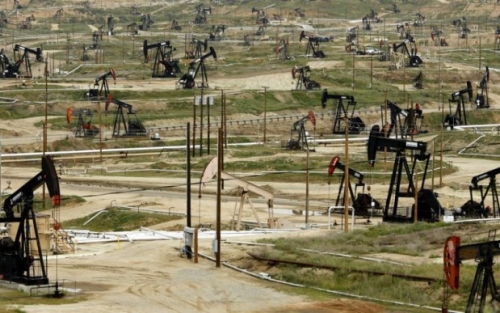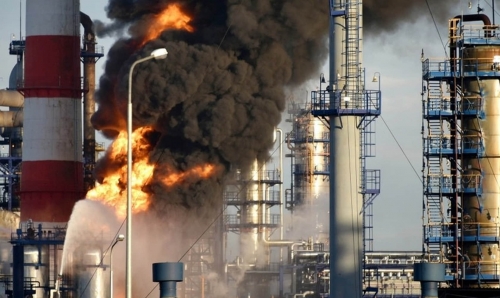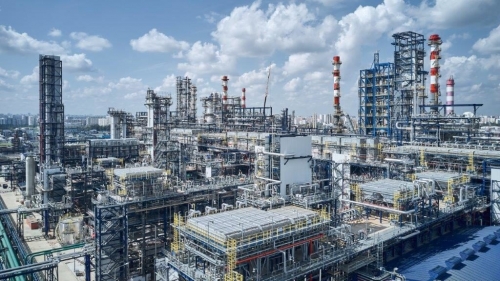Russian oil rivals Rosneft and LUKoil are preparing to launch drilling work within days at the northern tip of the Taimyr Peninsula.
Recent years have seen Russia’s two largest oil producers jostle for supremacy in the underexplored region, known for its extreme weather and lack of infrastructure.
“Exploration drilling will start in the coming week – in 10 days,” LUKoil president Vagit Alekperov told Russian Prime Minister Dmitry Medvedev at a meeting on March 31, according to TASS. “There are high hopes that a new oil and gas province will be opened up in the territory of the Taimyr Peninsula.”
LUKoil won exploration rights to the onshore East-Taimyrsky block in 2015, embarking on a 2,421-square km seismic survey of the acreage in February of the following year. Initially, the company had not intended to spud its first exploration well at the site until the fourth quarter of 2017.
LUKoil reportedly paid almost 2 billion rubles (US$35 million) for the licence area, 600 times higher than the starting price at auction, after fending off competition from Rosneft. The latter failed to get the award annulled in court, but was later offered rights to the adjacent offshore Khatanga block instead.
Russian President Vladimir Putin and Rosneft chief Igor Sechin took part in a teleconference this week marking the start of drilling work at Khatanga. RN-Burenie, the oilfield services arm of Rosneft, began work on April 3 on a 5,000-metre exploration well at the site.
“For the first time in history, drilling will be conducted on the continental shelf of the East Arctic,” Sechin was quoted as saying by Russia’s Interfax. “The resource potential of the Laptev Sea alone is estimated at 9.5 billion tonnes of oil equivalent (70 billion boe)”.
Together, Khatanga and East-Taimyrsky were estimated in 2009 to contain 101.8 million tonnes (746 million barrels) of oil and 11.8 million tonnes (106.2 million barrels) of gas condensate in D2 recoverable reserves.
In March 2016, the head of Russia’s Natural Resources Ministry, Sergei Donskoi, advised the two companies to work together in the region to help cut development costs.
LUKoil hopes that developing the East-Taimyrsky block will strengthen its bid for other acreage in close proximity offshore. Under current Russian law, LUKoil and other independents are barred from operating permits in Arctic waters. The company has lobbied for reform, citing its experience of offshore drilling in the Caspian Sea. But Rosneft, which has fortified its position in the nearby Kara Sea, has vehemently opposed liberalisation.
Rosneft and LUKoil launch drilling in the Arctic
2017.04.24
1 481

%20(1).png)



